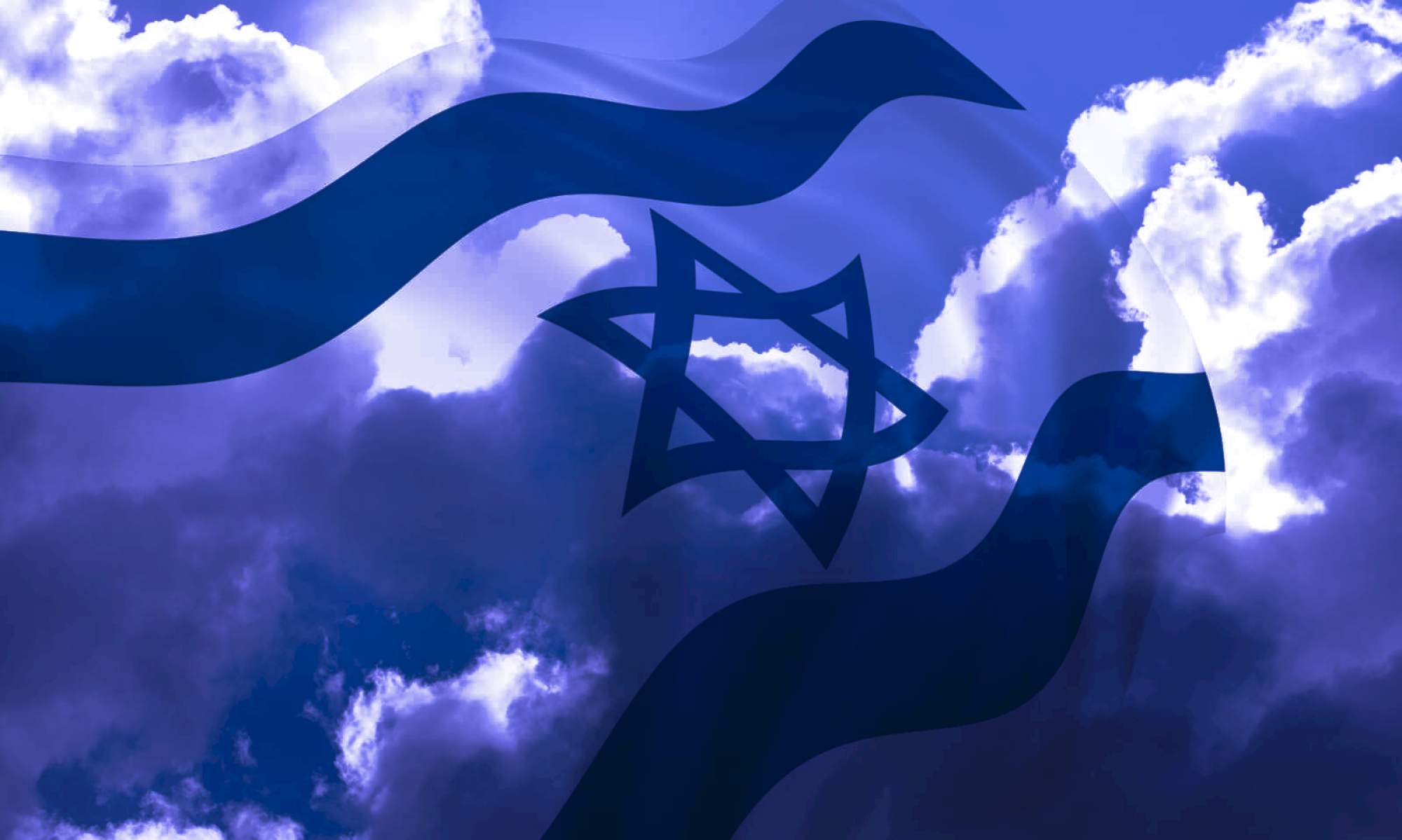
A group monitoring the war in Syria reported that fighting remains intense in the southern province of Sweida, even after a ceasefire agreement
However, Druze fighters managed to regain control of the provincial capital after driving out rival armed groups.
Medical Aid from Israel
Israel announced on Saturday that it is preparing to send medical equipment and medicine to a hospital in the city of Sweida, where the majority of the population is Druze.
The decision comes after days of violence that left around 900 dead and severely damaged the local hospital, according to the Israeli Ministry of Health.
The clashes in Sweida began last Sunday, involving fighting between Druze and Sunni Bedouin tribes, who later received support from Syrian government forces.
Reports from the region indicate that government forces killed women and children, looted homes, and disrespected Druze religious leaders.
Videos also show Druze fighters attacking captured government soldiers.
Israel carried out airstrikes against Syrian government force convoys and struck the Defense Ministry headquarters in Damascus, claiming it acted to support the Druze community, which has a significant presence in Israel and is considered a loyal minority, often serving in the Israeli army.
The Israeli Ministry of Health said the delivery of medical aid to the Sweida hospital will begin once all necessary authorizations are obtained.
“We have a strong connection with the Druze community, but beyond that, we have a commitment to life.
We cannot stand idly by when members of this community, inside or outside Israel, are in danger,” said Health Minister Uriel Buso.
Health Ministry Director Moshe Bar Siman Tov emphasized: “This initiative reflects the values of the Israeli healthcare system and our long-standing alliance with the Druze.
Helping the wounded is a moral obligation.”

Fighting Continues
Despite the US-brokered ceasefire, fighting persisted in Sweida on Saturday.
A monitoring group, the Syrian Observatory for Human Rights, reported that the Druze managed to drive out rival factions and regain control of the city.
An AFP news agency correspondent reported homes and vehicles burned, as well as shops looted and destroyed.
The Syrian Interior Ministry reported that security forces had begun deploying to Sweida, and AFP journalists saw them manning checkpoints trying to prevent more people from joining the fighting.
Bassem Fakhr, a spokesman for one of the main Druze armed groups, said there was no longer a Bedouin presence in the city by the end of the day.

Ceasefire Agreement
On Saturday, the United States announced a ceasefire agreement between the Islamist-led Syrian government and Israel.
US diplomat Tom Barrack reported that Syria’s interim president, Ahmed al-Sharaa, and Israeli Prime Minister Benjamin Netanyahu, accepted the agreement, which also has the support of Turkey and Jordan.
Barrack called on Druze, Bedouin, and Sunnis to lay down their weapons and work together to build a united and peaceful Syria.
He met with Syrian and Jordanian officials in Amman to discuss practical steps to implement the agreement.
Syrian President Ahmed al-Sharaa delivered a televised address pledging to protect all ethnic and religious minorities in the country and condemned the crimes committed in Sweida.
He thanked the United States for its role in supporting Syria’s stability.
The European Union praised the agreement but expressed shock at the recent violence, and France called on all parties to respect the ceasefire.
However, Israel expressed distrust of Sharaa’s promises, highlighting the violence against minorities such as Druze, Alawites, Kurds, and Christians since it took power following the ouster of former leader Bashar al-Assad in December.

Humanitarian Crisis
The Syrian Observatory for Human Rights reported that at least 940 people have died since the clashes began, including 326 Druze fighters, 262 Druze civilians (165 summarily executed), 312 government soldiers, and 21 Sunni Bedouins.
Another 15 government soldiers died in Israeli strikes.
Syrian Information Minister Hamza al-Mustafa said the first phase of the ceasefire began with the deployment of security forces to Sweida, and the second phase will include the creation of humanitarian corridors to bring aid to the region.
Emergencies Minister Raed al-Saleh stated that the humanitarian situation is serious and that aid convoys are ready to enter Sweida when conditions permit.
According to the UN, the fighting has already displaced at least 87,000 people in the region.
Published in 07/20/2025 00h23
Text adapted by AI (Grok) and translated via Google API in the English version. Images from public image libraries or credits in the caption.
Reference article:
| Geoprocessing Drone Systems HPC |

| ERP and CRM Systems Mobile Systems AI |


